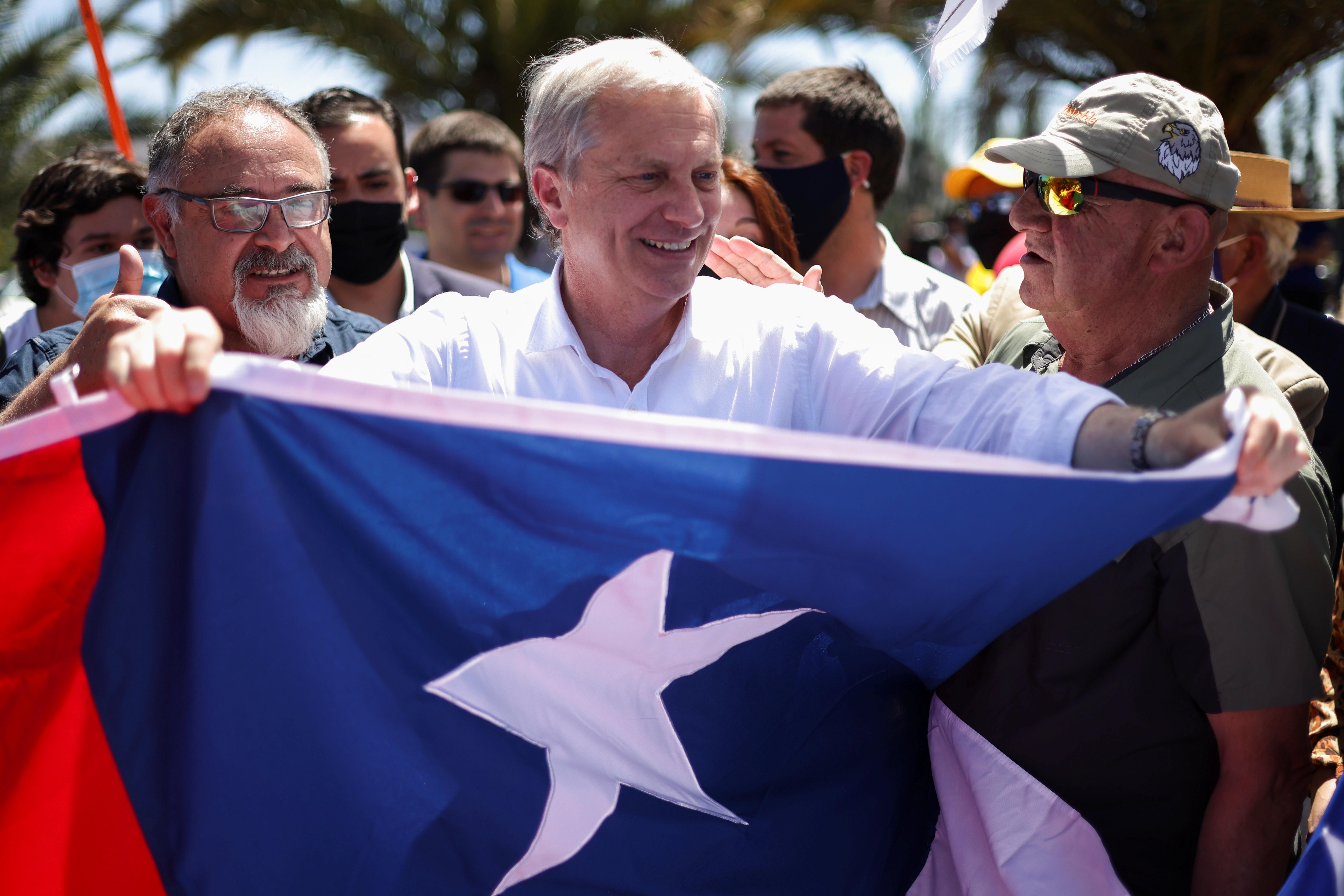What We’re Watching: Elections in Chile & Venezuela, Modi blinks, Chinese buffet ban
An extreme choice for Chilean president. Chileans go to the polls on Sunday for the first round of the presidential election. The two frontrunners are former lawmaker José Antonio Kast, a rightwinger who pines for Augusto Pinochet, and former student leader Gabriel Boric, who's moderated his positions from his more far-left days but still wants to spend big on social programs. Kast, who's benefited from rising anti-migrant sentiment, is currently leading in the polls, while Boric hasn't been able to campaign for two weeks after getting COVID. Still, Kast probably won't get 50 percent of the vote, meaning that things will go to a December runoff in which Boric is projected to have a slight edge. Just months ago, Chileans elected a largely left-leaning assembly to rewrite the Pinochet-era constitution following mass protests over rising inequality in late 2019. The next president will want to have a say in that process.
Venezuelan opposition, welcome back to elections. Also on Sunday, Venezuelans will vote to elect governors, mayors, and local officials across the country. More importantly, for the first time since 2017 they'll see opposition party names on the ballot. Since then, opponents of strongman Nicolás Maduro have boycotted elections that they saw as rigged against them, opting instead for street protests and external support to oust the regime. But with Maduro still in power, external help waning, and talks with the government on the rocks, the opposition is now slouching back to the ballot box. EU observers will be on hand to ensure that the vote is fair, but Maduro allies are likely to do well across the board. The fragmented opposition will be vying to hold four key governorships of its own, and is looking for promising pockets of support ahead of presidential elections set for 2024.
Modi's farm laws U-turn. Indian Prime Minister Narendra Modi suddenly announced on Friday he'll repeal three controversial agriculture laws that farmers had been protesting for more than a year. The laws sought to deregulate the agriculture sector in order to attract more investment and broaden opportunities, but small farmers worried that would leave them at the mercy of massive agriculture conglomerates. For months, tens of thousands of farmers have descended on the capital, blocking roads and even breaching the landmark Red Fort. The cause went global, with foreign celebrities weighing in on the farmers' side — much to the chagrin of Modi's government. After a long stalemate between the government and farmers' unions, Modi appears to have blinked. Our former colleague Akhil Bery tweeted: "This is a very substantial defeat for a PM who hasn't seen many."
